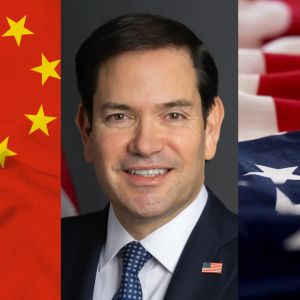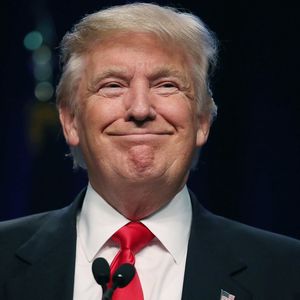Trade tensions set the stage as US and Chinese representatives hold talks in Malaysia
3 min read
US Secretary of State Marco Rubio on Friday met with Chinese Foreign Affairs Minister Wang Yi in Malaysia on the sidelines of an East Asia Summit and ASEAN Regional forum on the backdrop of escalating trade tensions between Washington and Beijing. The meeting in Kuala Lumpur marked their first in-person talks, on Rubio’s first official visit to Asia since he took office in January. It also came as both superpowers contest to push their agendas in Asia. Rubio reassures Asia amid biting Trump tariffs Following discussions with ASEAN countries at the forum, the US top diplomat ended his first official trip to the region with a meeting with his Chinese counterpart amid increasing friction globally over President Donald Trump’s tariffs. China fired warning shots at the US during the week against reinstating hefty levies on its goods in August. The Asian giant also threatened to retaliate against countries that also strike deals with the US to cut China out of supply chains. Now, Rubio’s visit is also part of initiatives to revive the US’ focus on the Indo-Pacific region and look beyond conflicts in the Middle East and Europe that have taken much of the current administration’s attention. However, these have also been overtaken by the US’ announcement of high tariffs on Asian countries and US allies that include 25% on Japan, Malaysia and South Korea, 32% for Indonesia, 36% for Thailand as well as Cambodia, and 40% for Laos and Myanmar. While Rubio got wind of the complaints about the tariffs from his Southeast Asian counterparts, he told journalists on Thursday that many of them focused their discussions on security issues, their concerns about Chinese domination and the need for cooperation with the US. “Of course, it’s raised. It’s an issue,” Rubio said. “But I wouldn’t say it solely defines our relationship with many of these countries. There are a lot of other issues that we work together on, and I think there was great enthusiasm that we were here and that we’re a part of this.” Rubio. But President Trump still sees China as the biggest threat to the US. With these meetings, analysts are of the view that Rubio would be looking to press the case that the US remains a better partner than China during this entire visit. According to the State Department, Rubio also met his Thai, Cambodian and Indonesian counterparts on Friday. Rubio told Southeast Asian foreign ministers a day earlier that the Indo-Pacific remained a focal point of the US foreign policy. China’s Wang accuses the US of bullying behavior China has up to August 12 to reach a deal with the US to keep Trump from reinstating more import restrictions. China was aggressive in its criticism of the US at the forum and told Malaysia’s foreign minister that the US tariffs were “typical unilateral bullying behavior” that no country should support or agree with, according to remarks that were released by Beijing on Friday. Wang also told Thai foreign minister that tariffs had been abused and “undermined the free trade system, and interfered with the stability of the global production and supply chain.” According to a Reuters report, Wang had a meeting with his Cambodian counterpart where he said the US levies were an attempt to deprive Southeast Asian countries of their legitimate right to development. “We believe that Southeast Asian countries have the ability to cope with complex situations, adhere to principled positions, and safeguard their own interests.” Wang. Rubio and Wang reportedly made no public remarks at the start of their Friday conversation, which lasted for an hour, although Rubio had said a day earlier that he would raise US concerns over China’s support for Russia against Ukraine, saying Beijing had “been willing to help them as much as they can without getting caught.” Washington’s top diplomat also met with Japan’s foreign minister and South Korea’s first vice foreign minister to discuss regional security and strengthening their partnership. These range from areas of technology and supply chain ASEAN foreign ministers expressed concern over the rising global trade tensions and uncertainties and said unilateral tariffs were “counterproductive and risk exacerbating global economic fragmentation.” KEY Difference Wire : the secret tool crypto projects use to get guaranteed media coverage

Source: Cryptopolitan



